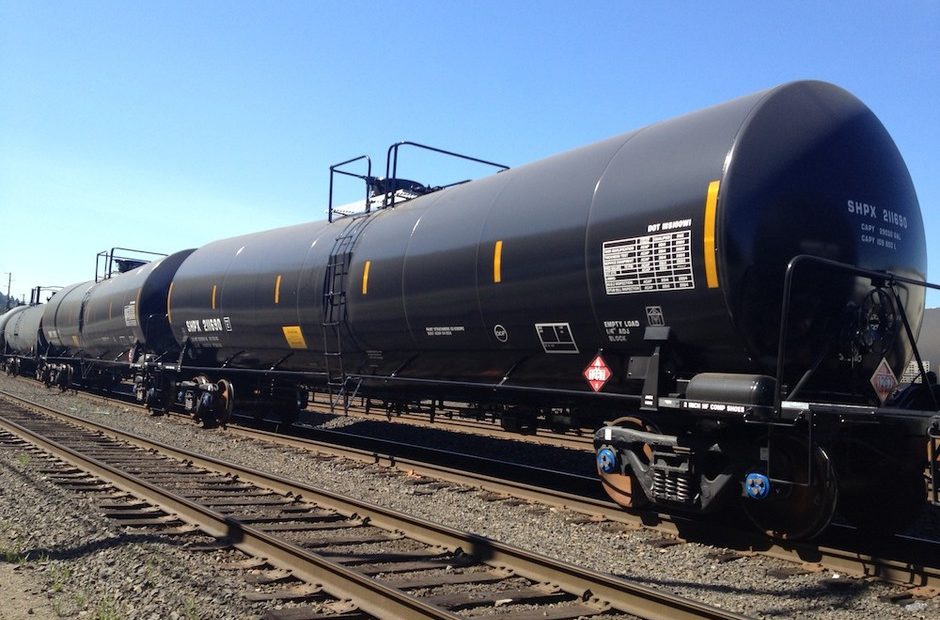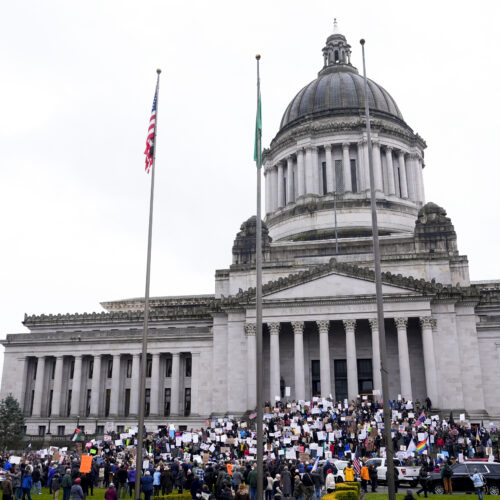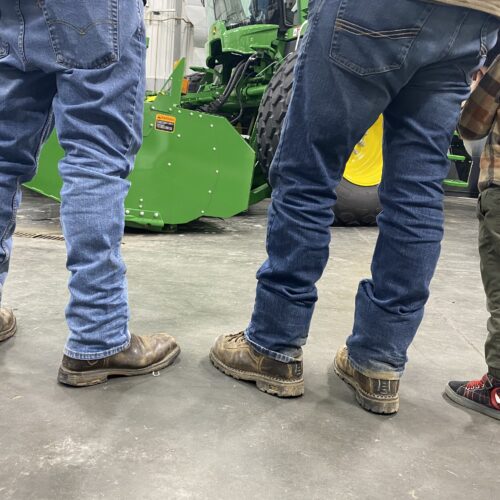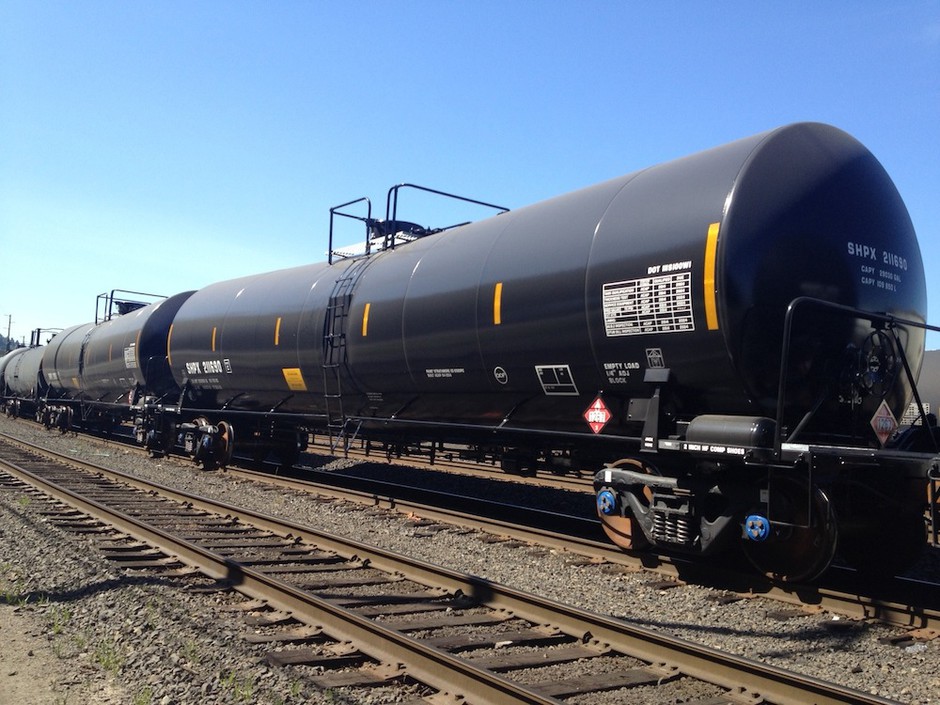
Feds Change Oil Train Safety Rules. Northwest Governors Not Pleased
The Trump administration has finalized a roll back of Obama-era regulations for oil trains.
The rules, which date back to 2015, required railroads carrying crude oil or other flammable liquids to outfit their trains with more responsive electronic braking systems. The rules came in response to concerns about explosions and spills from mile-long trains of crude and ethanol. In the Northwest, those trains move along the Columbia River and through cities to coastal refineries.
The U.S. Department of Transportation, which has been working on rescinding the rules since last December, said in statement this week that its analysis showed the cost of requiring railroads to equip trains with the new brakes outweighed the potential benefits.
The rail industry has resisted the new braking requirements. The American Association of Railroads, a freight rail industry group, had previously attempted to appeal the Obama administration’s decision, stating that the rules imposed unreasonably high costs to railroads and that the government had overstated the benefits of the brakes.
In 2016, the Federal Railroad Administration said electronic air braking, which allows for faster stops than conventional air brakes, would have lessened the damage from the oil train derailment in the Columbia River Gorge town of Mosier. At the time, the head of the agency referred to current air brakes as “Civil War-era technology.”
The rollback is drawing criticism from governors in West Coast states, where oil trains move through densely populated areas like Seattle, Portland and Spokane.
“Any roll back on oil train safety is a step in the wrong direction,” Oregon Gov. Kate Brown said in an emailed statement.
Washington Gov. Jay Inslee said the rules fit the Trump administration’s pattern of loosening environmental and safety rules.
“One thing you can trust about this administration, they’re going to sell out your safety for special interests,” he said.
Copyright 2018 Earthfix
Related Stories:

Canadian leaders hope trade negotiations won’t derail Columbia River Treaty
A view of the Columbia River in British Columbia. The Columbia River Treaty is on “pause” while the Trump administration considers its policy options. However, recent comments by President Donald

Northwest federal workers are demoralized, but many are determined to keep their jobs
People gather to protest against the Trump administration and Project 2025 near the Washington State Capitol building on Feb. 5, 2025, in Olympia, Wash. (Credit: Lindsey Wasson / AP) Listen

Mid-Columbia farmers cautiously optimistic about second Trump administration, farmworkers feel differently
Farmers, and a future farmer, regard a new John Deere swather at RDO, a large tractor dealership in Pasco. (Credit: Anna King / NWPB) Listen (Runtime 4:07) Read In Pasco















